

Hello, my name is Bart and I’m a civil servant in New Zealand. I was diagnosed with stage 3 prostate cancer at age 47 in November 2014. My twin brother was also diagnosed with prostate cancer.
My father died at the age of 50 so I was afraid that I might not see my 50th birthday, but I’m past 50 now and cancer free. This is my story.

The first worrying symptoms I experienced were frequent urination and hip pain. I also had a weak and interrupted urine flow and trouble emptying my bladder completely. It was a few weeks before I sought medical help.

When I first received my diagnosis, I was fearful and surprised but optimistic. I was relatively young, fundamentally healthy and had the wonderful support of a loving partner.
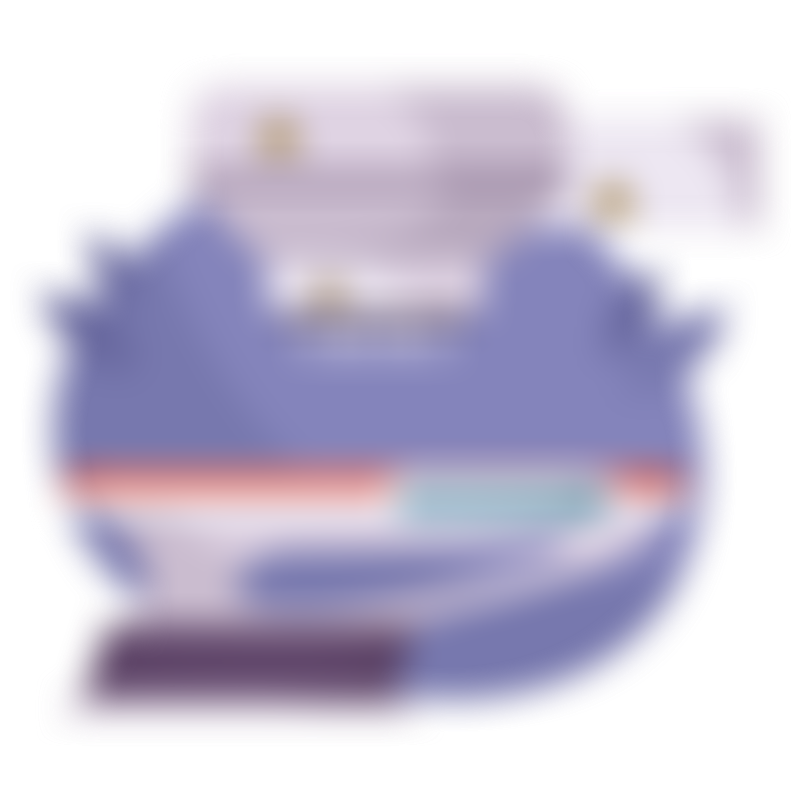
My doctor recommended radiation therapy and hormone therapy to treat the cancer. I was optimistic about it. I just had to tell myself I was going to win, and I was going to beat this. There were dark days, but I kept relentlessly, annoyingly positive.
I had 3 years of hormone treatment, specifically Goserelin (Zoladex), from 2014 to 2017. This was followed by 37 doses of external beam radiation in mid 2016. My treatment was covered by the New Zealand Public Health System.
I’ve since completed treatment and was declared cancer-free in February 2018.
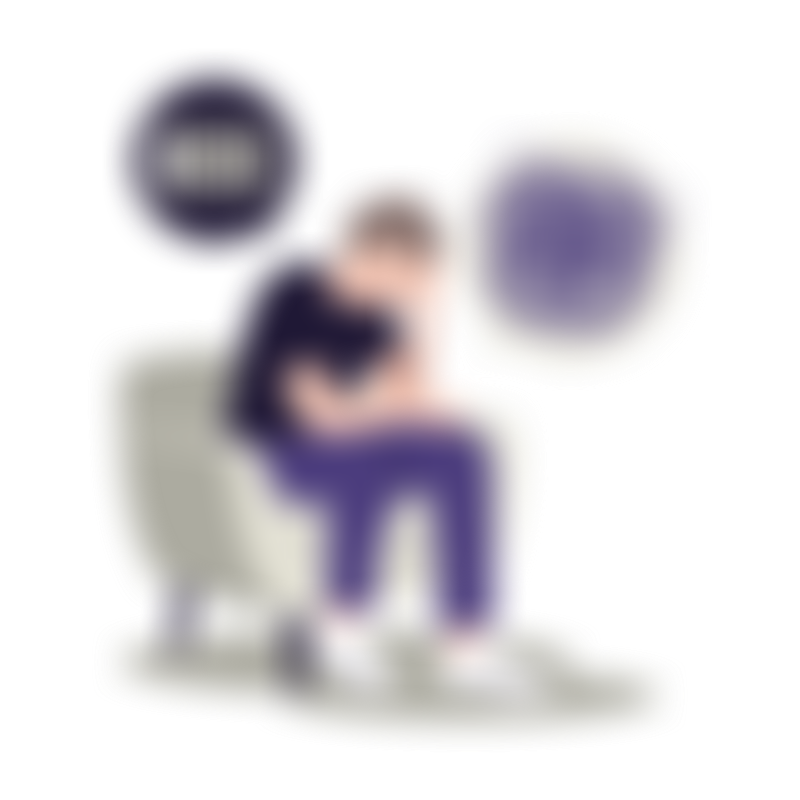
Treatment wasn’t easy as I had several side effects. The fatigue and accompanying brain fog, caused by hormone therapy, were very challenging. I went from a high performing employee to an employee requiring constant management and high-level supervision. I missed a promotion as a result. Plus, I had hot flashes and an accompanied adrenaline surge/fight-flight response. I struggled with weight fluctuations too.
To cope with these side effects, I exercised more, improved my nutrition and went for counseling.
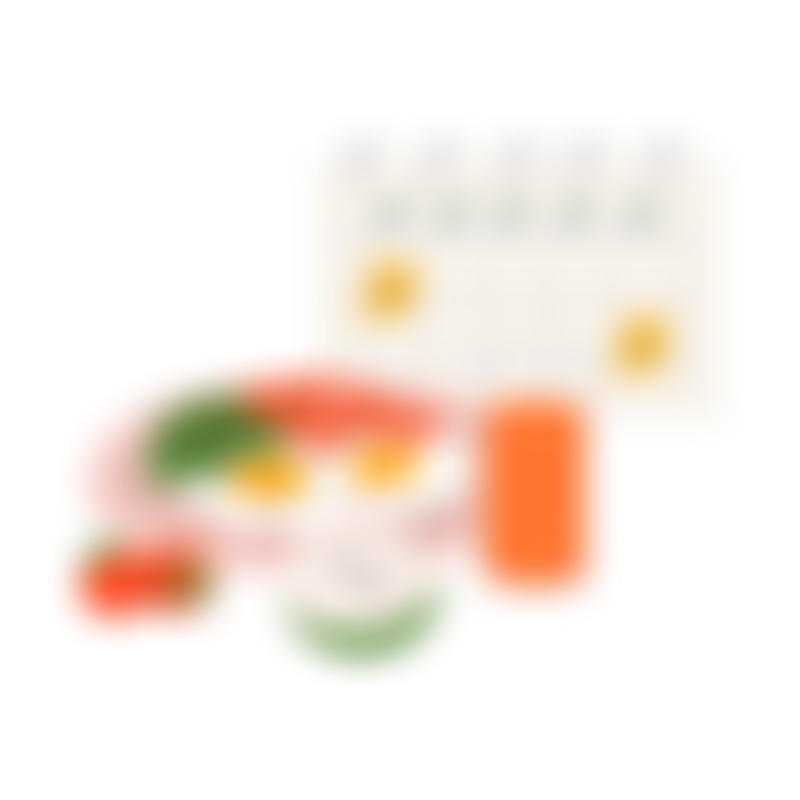
My nutrition and diet changed drastically after treatment. I cut sugar and processed foods to a minimum. More fresh vegetables, less red meat. I learned to make healthy choices.
My employer offered some accommodations, so I continued working after my cancer diagnosis. This decision was influenced by the sheer determination to continue as normal, a determination that ended up being somewhat detrimental as I refused to step away from some challenges that, in retrospect, I should have stayed away from for my mental health.
My plans for the next 2 years are to travel. Lots of travel. Life is for living, and my wife and I are making sure we live our best life.
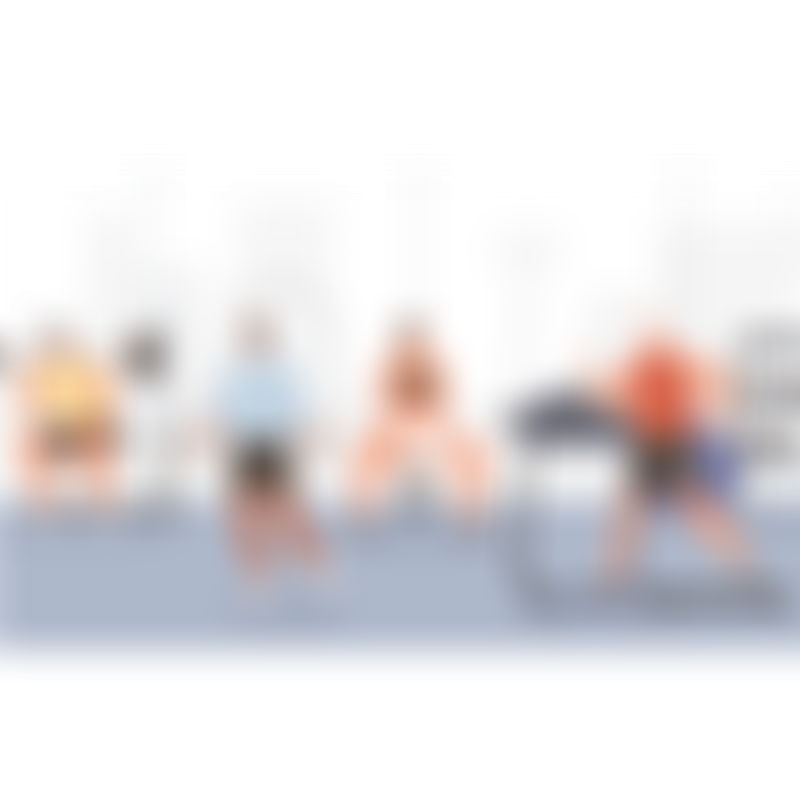
As for services that were particularly useful to me, counseling was awesome, and getting a personal trainer for recovery training was the best thing I could do.
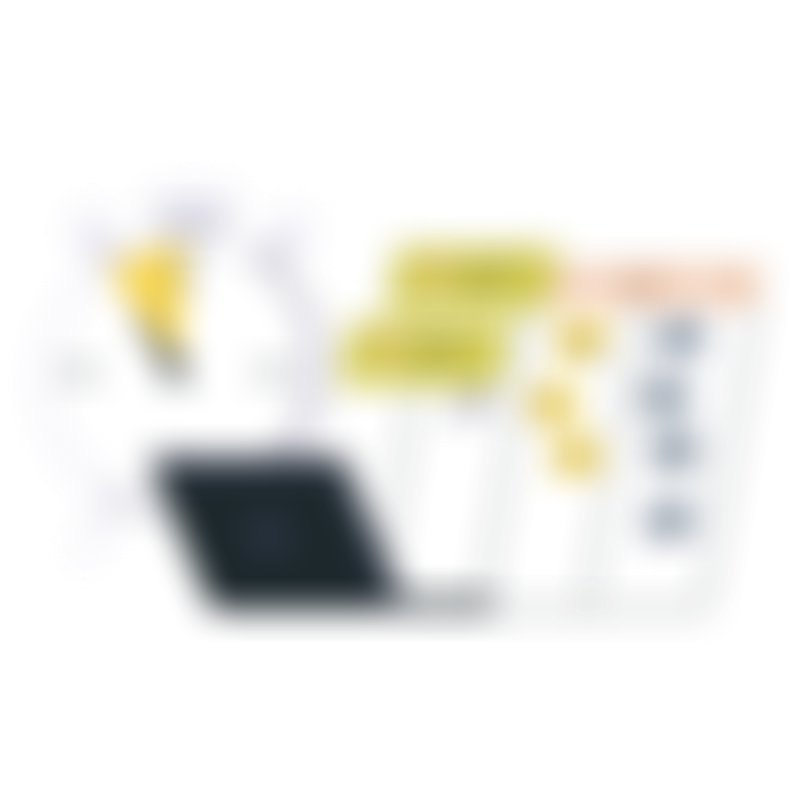
My professional life has been greatly impacted since my diagnosis, but I set myself a new normal, and worked to achieve small goals. I managed to regain full fitness and military deployability, and deployed on operational peacekeeping duties in 2020.
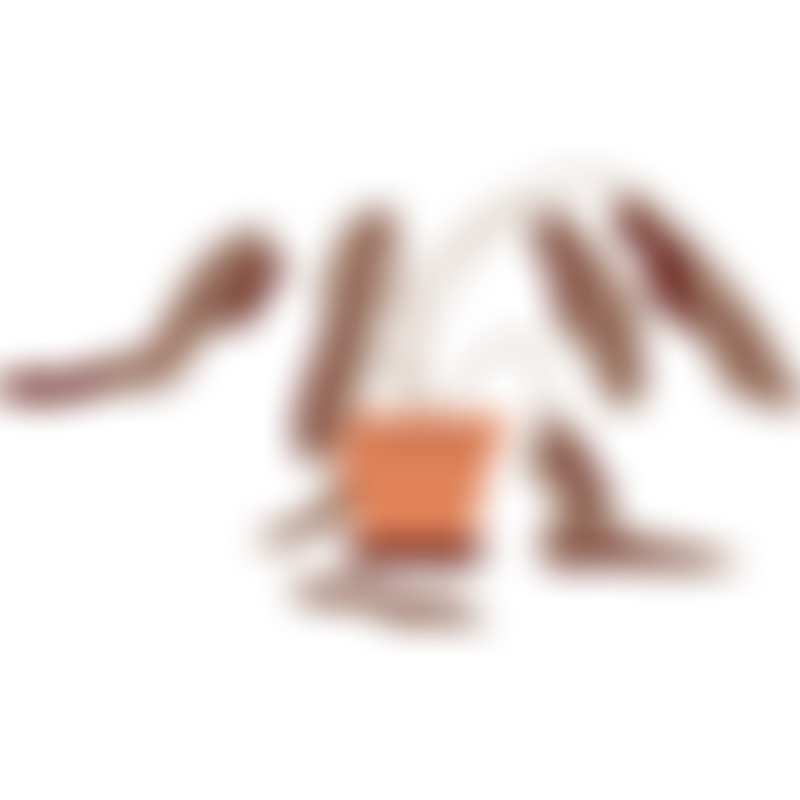
My biggest fear was that I might not see my 50th birthday. My father died at the age of 50, and I was diagnosed at age 47. That’s a real smack in the face of your own mortality, but I survived. I’m 57 now (in 2024) and cancer free.

It’s been years now since my diagnosis and I am fearful but optimistic. Cancer is that sword of Damocles that you can never be fully certain has left you behind. It lurks in your psyche. Every little niggle or pain makes you wonder if it's back again. But you keep living your best life despite that, because life is for living, not worrying.
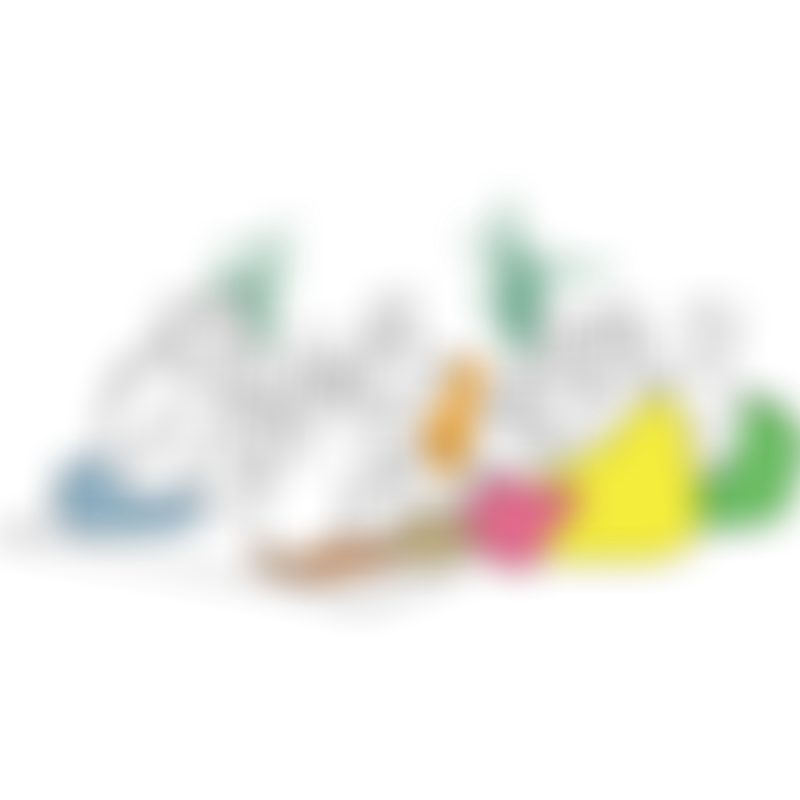
The most challenging aspect of being a cancer survivor is that you are forever changed by cancer, even if you survive. You will spend the rest of your life wondering 'what if'. Personally, I wish I’d known that penile rehabilitation is a thing. It does not do well to dwell on it. But you will get to know who your true friends are, and you will discover a well of strength and resilience that you never knew you had. You will discover that survival is not the amount of days in your life. It is about the amount of life in your days!
Listen to those who want to help you. Exercise is vital. Don't push yourself too hard. Allow yourself to grieve the life you could have had, but when that is done, embrace the new you with love and compassion. Cut sugar, eat well, but allow yourself treats as well. Moderation is the key. Join a support group, talk to people who have walked the path. We are here for you. Side effects are reversible, and you are not alone.
Cancer sucks, but everyone has a different experience. Sometimes you beat it, sometimes you don't. But every one of us that survives increases the odds that the next patient survives too. As each one of us rings the bell, we get closer to the best treatment, the best outcome. We tell our stories to bring hope. We join support groups to give back to the ones who come after us. I see the looks on the faces of the newly diagnosed. I see the fear, the uncertainty, the emotional threads just hanging on. I also see the relief when I tell them, it's been 10 years for me so far, and I am cancer free. I did it, so can you.
This patient's story is published and shared with their full consent. Any personal data that can be used to identify the patient has been omitted.
Click here for more information.